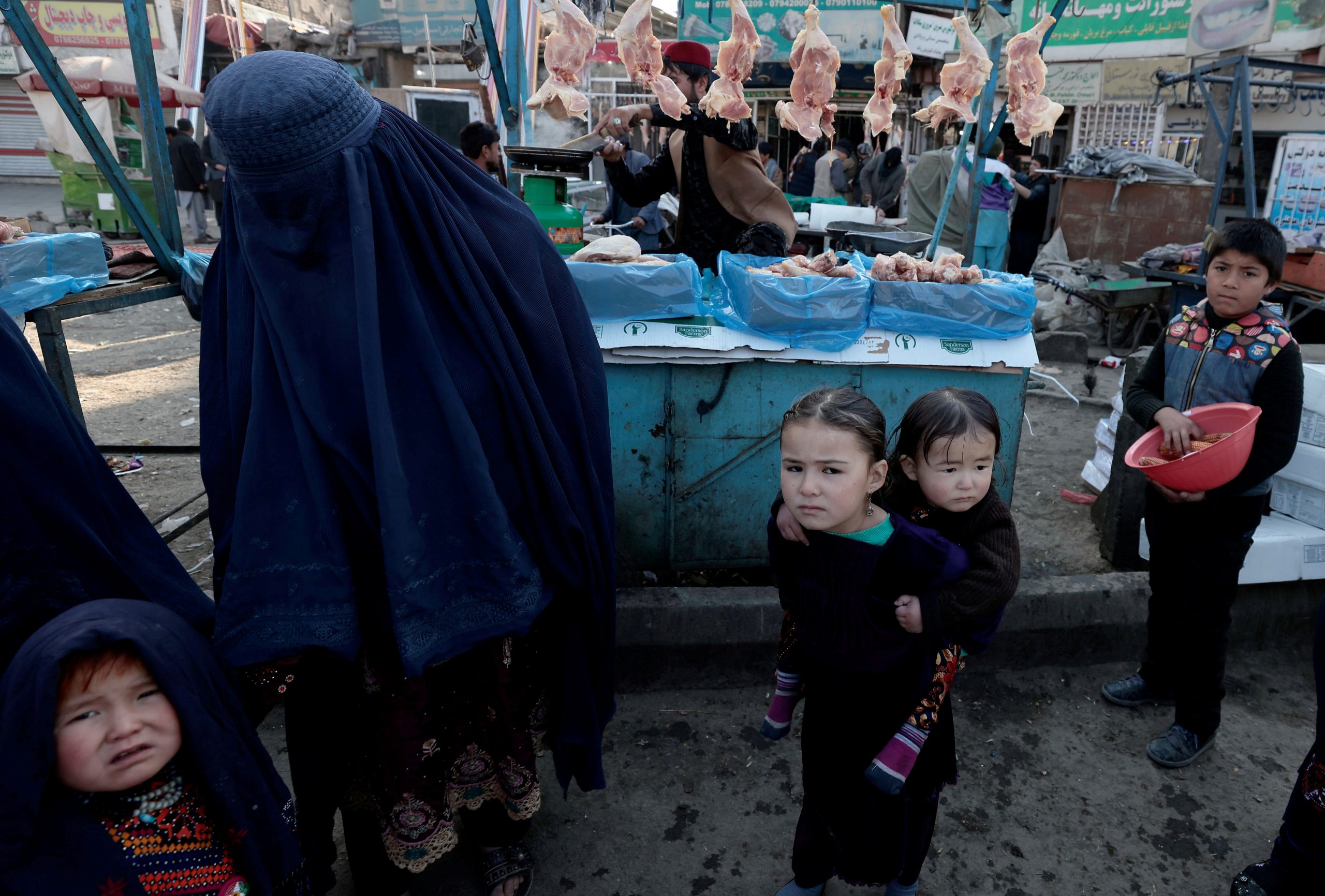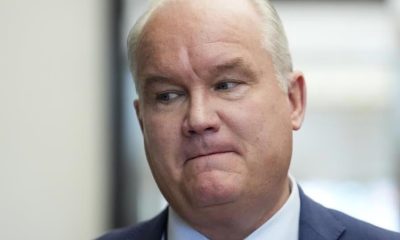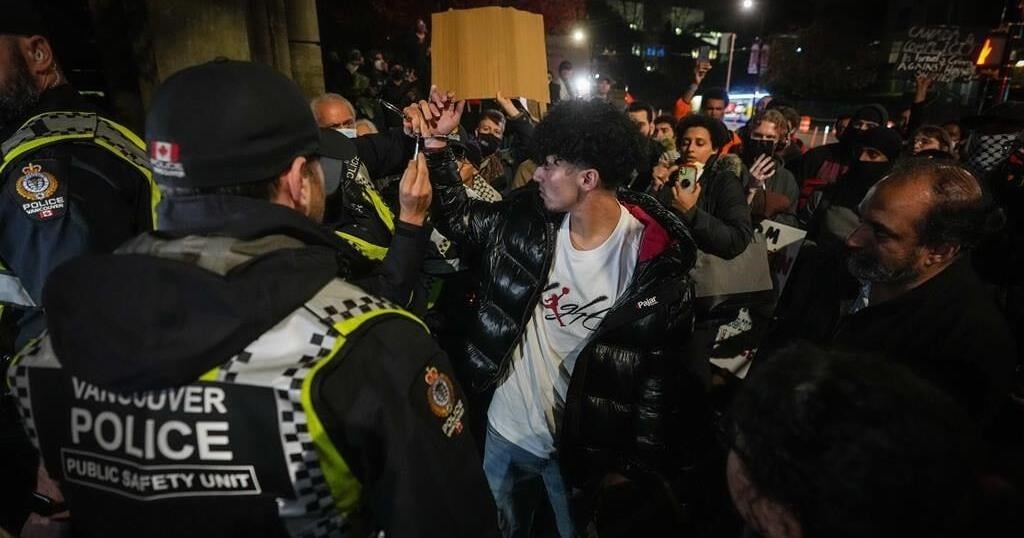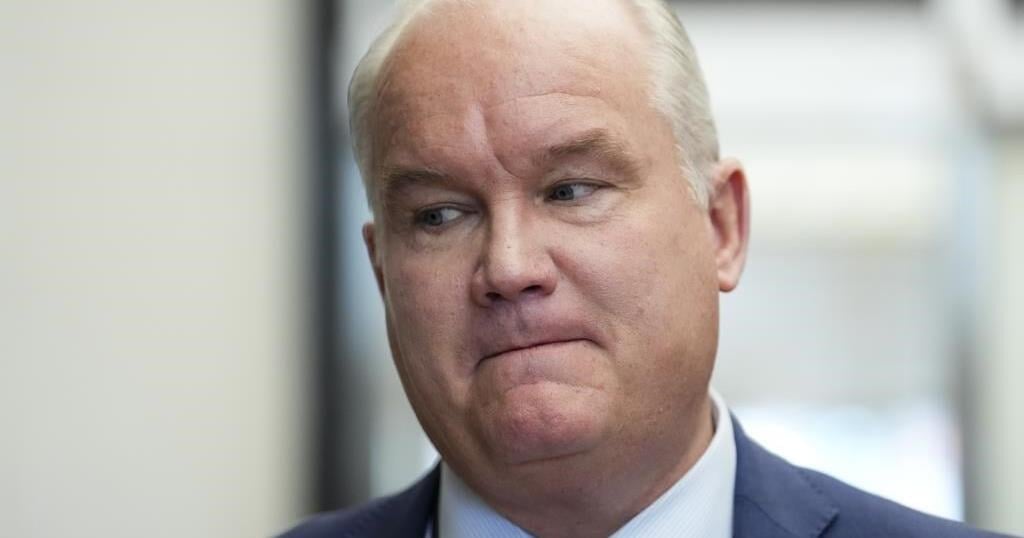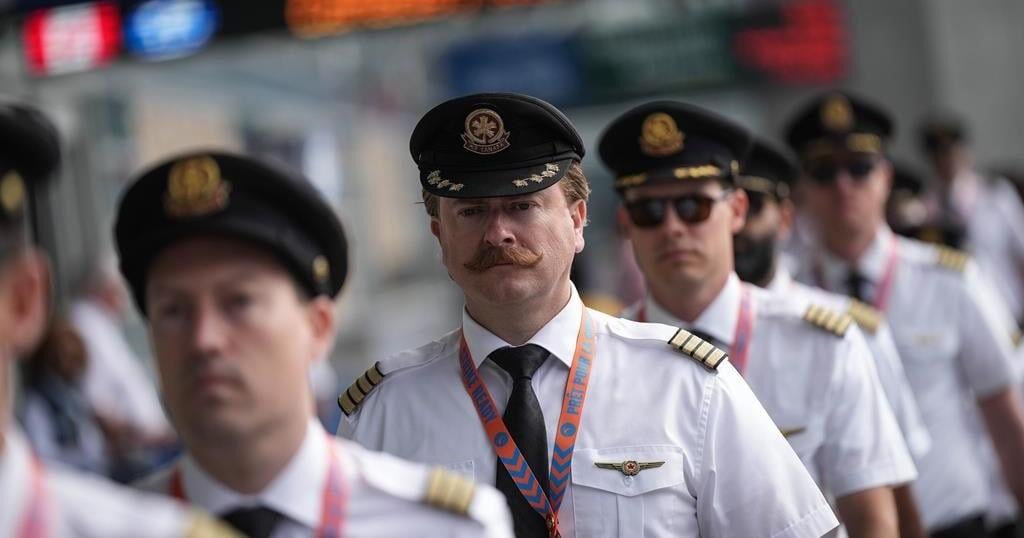The World Bank is finalizing a proposal to deliver up to $500 million from a frozen Afghanistan aid fund to humanitarian agencies, people familiar with the plans told Reuters, but it leaves out tens of thousands of public sector workers and remains complicated by U.S. sanctions.
Board members will meet informally on Tuesday to discuss the proposal, hammered out in recent weeks with U.S. and U.N. officials, to redirect the funds from the Afghanistan Reconstruction Trust Fund (ARTF), which has a total of $1.5 billion.
Afghanistan’s 39 million people face a cratering economy, a winter of food shortages and growing poverty three months after the Taliban seized power as the last U.S. troops withdrew from 20 years of war.
Afghan experts said the aid will help, but big gaps remain, including how to get the funds into Afghanistan without exposing the financial institutions involved to U.S. sanctions, and the lack of focus on state workers, the sources said.
The money will go mainly to addressing urgent health care needs in Afghanistan, where less than 7% of the population has been vaccinated against the coronavirus, they said.
For now, it will not cover salaries for teachers and other government workers, a policy that the experts say could hasten the collapse of Afghanistan’s public education, healthcare and social services systems. They warn that hundreds of thousands of workers, who have been unpaid for months, could stop showing up for their jobs and join a massive exodus from the country.
The World Bank will have no oversight of the funds once transferred into Afghanistan, said one of the sources familiar with the plans.
“The proposal calls for the World Bank to transfer the money to the U.N. and other humanitarian agencies, without any oversight or reporting, but it says nothing about the financial sector, or how the money will get into the country,” the source said, calling U.S. sanctions a major constraint.
‘NOT A SILVER BULLET’
While the U.S. Treasury has provided “comfort letters” assuring banks that they can process humanitarian transactions, concern about sanctions continues to prevent passage of even basic supplies, including food and medicine, the source added.
“It’s a scorched earth approach. We’re driving the country into the dust,” said the source. Crippling sanctions and failure to take care of public sector workers will “create more refugees, more desperation and more extremism.”
Any decision to redirect ARTF money requires the approval of all its donors, of which the United States has been the largest.
A State Department spokesperson confirmed that Washington is working with the World Bank and other donors on how to use the funds, including potentially paying those who work in “critical positions such as healthcare workers and teachers.”
The spokesperson said the U.S. government remains committed to meeting the critical needs of the Afghan people, “especially across health, nutrition, education, and food security sectors … but international aid is not a silver bullet.”
BYPASSING TALIBAN
Established in 2002 and administered by the World Bank, the ARTF was the largest financing source for Afghanistan’s civilian budget, which was more than 70% funded by foreign aid.
The World Bank suspended disbursements after the Taliban takeover. At the same time, Washington stopping supplying U.S. dollars to the country and joined in freezing some $9 billion in Afghan central bank assets and halting financial assistance.
A World Bank spokesperson confirmed that staff and executive board members are exploring redirecting ARTF funds to U.N. agencies “to support humanitarian efforts,” but gave no further details. The United Nations declined to comment.
Initial work has also been done on a potential swap of U.S. dollars for Afghanis to deliver the funds into the country, but those plans are “basically just a few PowerPoint slides at this point,” one of the sources said. That approach would deposit ARTF funds in the international accounts of Afghan private institutions, who would disburse Afghanis from their Afghan bank accounts to humanitarian groups in Afghanistan, two sources said.
This would bypass the Taliban, thereby avoiding entanglement with the U.S. and U.N. sanctions, but the plan is complex and untested, and could take time to implement.
One major problem is the lack of a mechanism to monitor disbursements of funds in Afghanistan to ensure Taliban leaders and fighters do not access them, a third source said.
Two former U.S. officials familiar with internal administration deliberations said that some U.S. officials contend that U.S. and U.N. sanctions on Taliban leaders bar financial aid to anyone affiliated with their government.
(Reporting by Jonathan Landay and Andrea Shalal; Additional reporting by Arshad Mohammed and Michelle Nichols; editing by Grant McCool)
Related

